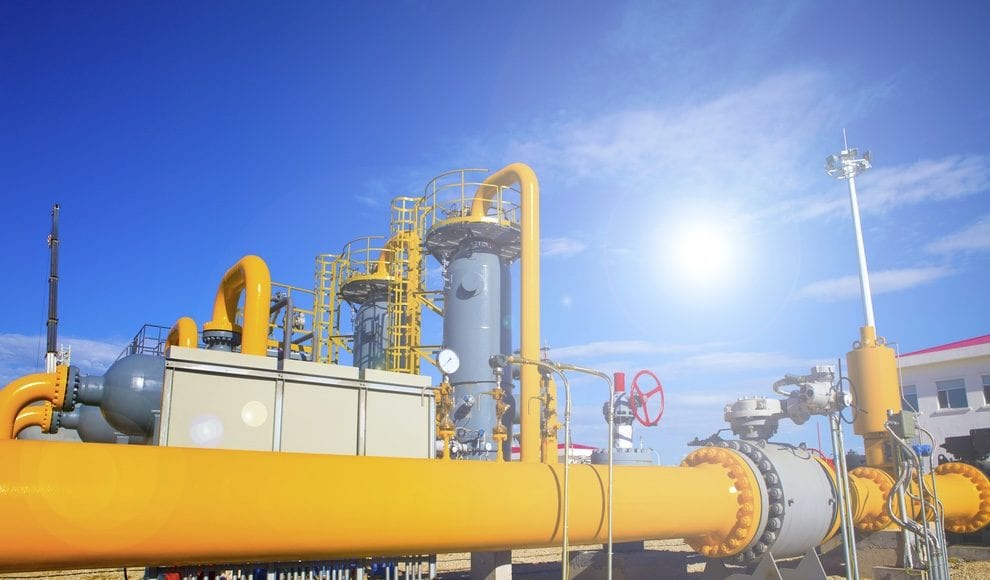While the Guyana government forges ahead with plans to bring the US$900M gas-to-shore project on stream by 2024, there have been some expressed concerns about the implications such initiatives may have in delaying the country’s full transition to renewables. But according to an energy advisor who has been providing services in the country in recent years since the world-class Liza discovery, projects such as the gas-to-shore pipeline would ultimately accelerate the nation’s clean energy transition.
During an interview with OilNOW, Trinidadian Energy Strategist, Anthony Paul, pointed out that gas will impact Guyana’s pace of transition more than oil. He stated however, that oil can accelerate it, as it will provide the money needed to import the solar and wind farm equipment that are crucial to making renewables a success. The local content consultant added that gas can provide both revenue and power by replacing existing fuel oil used in electricity generation. He said too that oil and gas can also support the investment needed for human and technical capacity to engage in domestic research and development for biofuels and other indigenous sources of renewable energy technology. But whichever way one seeks to look at it, Paul posited that the high quality Stabroek block resources hold the key to Guyana’s dream of an economy led by renewables.
Apart from this, Paul expressed that Guyana has world class resources which can pave the way for a top-notch downstream industry, provided that it is underpinned by robust regulations and key lessons learnt by those before it such as its CARICOM sister, Trinidad and Tobago. In this regard, the Energy Strategist said, “Trinidad’s first refinery was in 1912. Our biggest refineries were prized assets of the British Empire during World War Two and were tremendously expanded in the 1950s. The world was very different back then, but we did create immense value from having a refinery operate there.”
Paul added, “TT took national ownership in the 70s of the former Shell refinery and in the 1990s of the former Texaco one. Both are now closed, but they still contributed immensely to building our industrial technical and operational skills and services. These were able to leverage to build our gas, manufacturing, educational and other industries.”
Paul shared too that his home country was able to enjoy a level of energy security and low fuel prices for many decades. “So yes, there were and continue to be benefits as we controlled the whole value chain. That is not to say we made no mistakes. We made many and we learnt from them.”
But if Guyana desires to take a similar route, Paul said it will require a lot of analyses of technology, supply of crudes, demand for products and the state and future plans for refineries in other parts of the world. He stressed that the world has changed quite fundamentally since March 2020 when the pandemic ravaged many economies across the globe. Nonetheless, he categorically asserted that Guyana’s oil and gas offer immense opportunities for industry development while still achieving the goal of transitioning to renewable energy. He said there is no reason why the new oil producing State cannot enjoy the best of both worlds.



